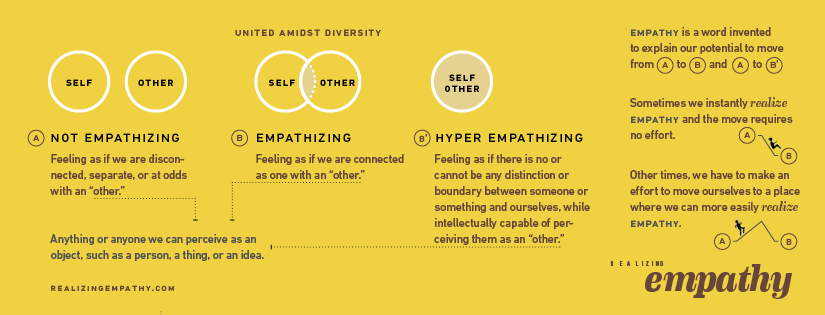It’s easy to think
that the things
other people want us to do
are more important
than what we want to do.
It can seem
that doing what we want to do
is selfish and bad
while doing what others want us to do
is altruistic and good.
And yet,
we are the proverbial “other people”
to somebody else.
May we pause
to deeply wonder
what it is we’re doing
and ask ourselves
the wonderous question
of “why?”
Why have we prioritized
certain tasks
over others?
May we live life
as the wonderous
and paradoxical
mystery
that it is
instead
of merely a series of problems
to be solved,
otherwise
our lives
can easily turn into something
akin
to a hamster wheel.
